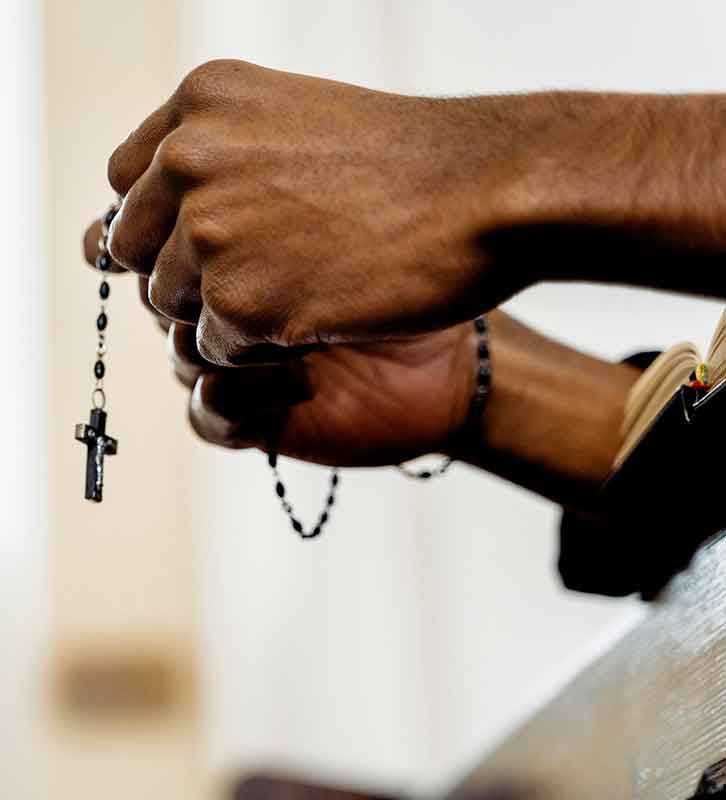As Catholics, Must We Believe in Miracles?

Question: I am a Catholic and my faith in the Lord and his Church is strong. However, I struggle with the concept of miracles, as many seem to be based on superstition. Is my faith incomplete because of that?
Answer: No Catholic is required to believe in any reported miracle, but those who close themselves off to the possibility of miracles may exclude themselves from experiencing God’s grace at work in our lives.
A miracle, according to the teachings of the Church, is an extraordinary event that goes beyond the ordinary course of nature and is attributed to the power of God. They can be seen as manifestations of God’s power and his Providence over humanity.
To be classified as a miracle, its effect must be unexpected or different from what would normally occur, and inexplicable to science or reason. A medical miracle involving a healing must be spontaneous and permanent.
Miracles are not appeals to ignorance but rather appeals to knowledge, as they are meant to provide evidence and attest to the truth of God’s power and his connection with the supernatural world. Miracles can also serve as confirmation of the sanctity of individuals, such as saints.
The Church applies stringent rules to the investigation of reported miracles before they are declared worthy of belief. The process usually begins with an investigation at the local level. In cases involving physical healings, independent medical professionals are appointed to examine thoroughly the medical records and the person who claims to have been healed, assessing the possibility of a natural explanation for the healing.
Concurrently with the medical examination, a theological commission studies the reported miracle. The commission analyses the circumstances, prayers, intercession of saints, and any other religious aspects associated with the case. They evaluate whether the claimed miracle aligns with Catholic teachings and the understanding of divine intervention.
After examining all the evidence and opinions gathered during the investigation, the local bishop or the delegated authority reaches a judgment. They determine whether the alleged miracle meets the Church’s criteria for authenticity, which includes the requirement that the event is beyond any natural explanation and can be attributed to divine intervention.
If the local investigation concludes that the alleged miracle is worthy of further consideration, the case is forwarded to the Vatican’s Dicastery for the Causes of Saints, which reviews the entire dossier and makes a final judgment on the authenticity of the miracle. If it approves the miracle, it is presented to the pope for his final approval.
The pope has the authority to declare the miracle as authentic and worthy of belief by the faithful. This declaration often leads to the beatification or canonisation of the person whose intercession is associated with the miracle. However, nobody is required to believe in such miracles.
Published in the November 2023 issue of The Southern Cross magazine
- Furgione Graduates Rome Film School with Honours - March 3, 2026
- Mass Readings: 8 March – 15 March, 2026 - March 3, 2026
- Pope Leo: Jesus is Living Wisdom - March 2, 2026





